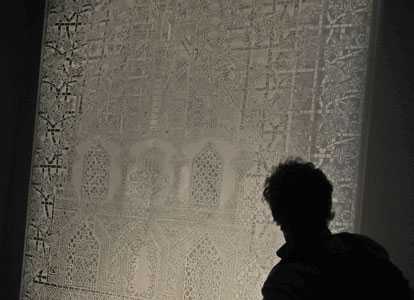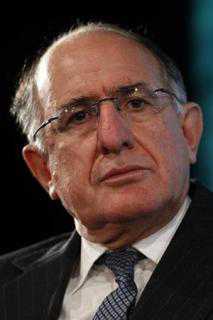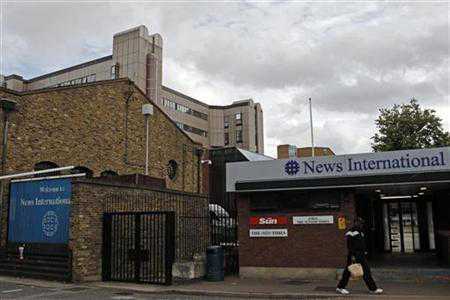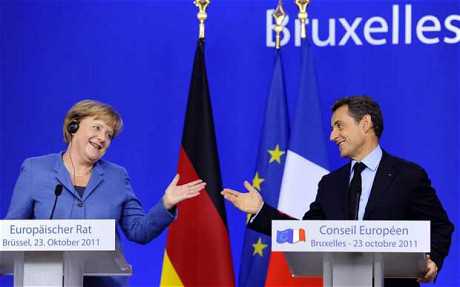Jonathan Downie
“People in Britain who cannot speak English have cost the taxpayer almost £180m in interpreters over the past three years,” says a prominent report by Kevin Dowling and Mark Hookham in a recent Sunday Times article (23.10.11, page 7). In fact, the topic is considered so important by the Sunday Times that it also gets discussed in an opinion piece (‘Immigrant integration gets lost in translation’, by Dominic Raab, Conservative MP for Esher & Walton, page 31) in the same issue of the newspaper.
In the course of these two articles, interpreters are held doubly responsible for the state of the nation. For one thing, they are – we’re told – a huge drain on public resources at a time when we can least afford it. And for another, they stop immigrants settling firmly into the community by enabling them to resist any requirement to learn English.
The “enormous” expense of interpreting services, says the MP, “highlights the hidden costs of uncontrolled immigration”. The solution, we’re told, is pretty straightforward. Interpreters will be hired through a private contractor and paid £22 an hour. Now, let me think, what might suffer if the sums spent on interpreters are so sharply reduced?
Oh, yes – that would be quality. Why is it hard to understand that the knee-jerk of paying poorly will just create different problems?
One, it will mean that experienced professionals will not take on this kind of work. The gaps will be filled by less-qualified people. Now, which other public service professionals – police officers, teachers, doctors who will not be able to do their jobs properly without effective interpreting – would consider £22 an hour to constitute fair and appropriate recognition of their skills?
Two, it will mean that the interpreters available will not be as well-trained for the task. Yet you’d be hard-pressed to spot the clamour for reducing the training required for surgeons or riot police. What’s behind this disparity? Could it be the myth that any bilingual can automatically interpret?
Thirdly, and most importantly, cutting corners and therefore failing to put effective communication in place is a false economy. This Department has argued long and hard for some serious accounting for the real, hidden, long-term costs of inadequate interpreting. Where are the public policy economists who will work with us on this issue? We’re more than ready to take up the challenge.
From 1993-1995, I researched court interpreting (click herehttp://forestbookshop.com/pages/Categories/0946252483.html for some published results of this research) with one group of minority language users in the UK. I watched from the public gallery as a lengthy trial collapsed owing to inadequate interpreting. That false start alone – back in the mid-90s, mind you – cost over £1m.
And, fortunately, the problems in that instance were noticed. What happens when they’re not? What then is the cost in mis-diagnosis, wrongful imprisonment, lost business and, above all, the loss of human well-being?
Of course money shouldn’t be squandered. And without doubt, it is good to facilitate English-language development enthusiastically and in appropriate ways. But, please, let’s not fool ourselves that the cost of decent interpreting can disappear by magic. These measures will not remove those costs, but only ensure that they come with a side-order of misery.
lifeinlincs.wordpress.com,






